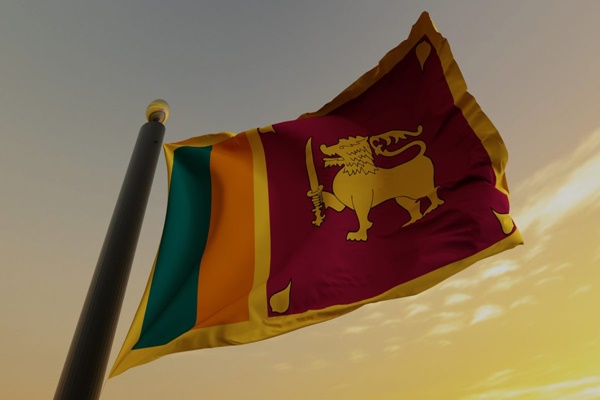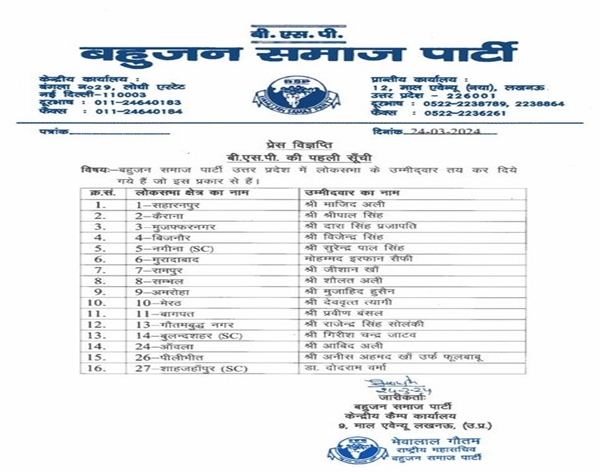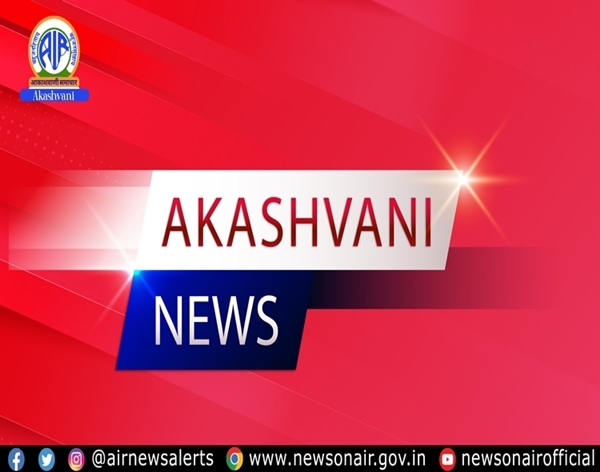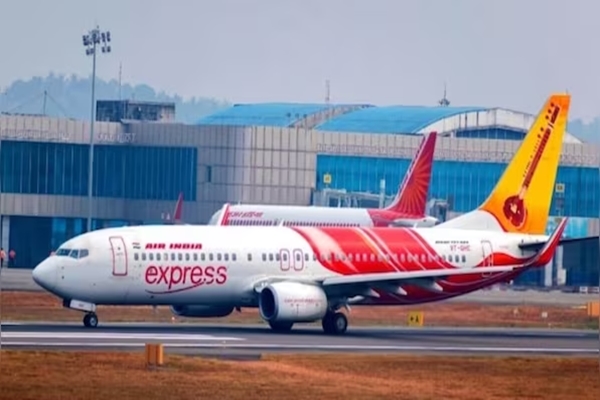Sri Lanka faces a pivotal parliamentary election on Thursday, a crucial test for newly elected President Anura Kumara Dissanayake. Tomorrow’s vote may not only test Mr. Dissanayake’s vision for systemic change but also reflect the public’s continued appetite for a shift away from the traditional power players who have dominated Sri Lankan politics for decades.
President Dissanayake, widely known as AKD, called this snap election to capitalize on his popularity surge, hoping to secure a majority necessary for his reform agenda. Analysts suggest that his support base from the presidential election where he garnered 42 percent of the vote may translate into gains for the NPP, while others believe that his party will face challenges in minority areas.
Riding a wave of anti-corruption sentiment, Dissanayake’s victory in September has positioned him as a symbol of change for many disillusioned by the entrenched political elite. National People’s Power coalition, which had secured only three seats in the 2020 elections, now seeks a significant boost to implement promised reforms aimed at curbing corruption and improving conditions for the working class. It is also pertinent that Mr. Dissanayake’s three-member cabinet has had little experience in governance which is where the opposition has made a pitch that its members would be in a better position to handle the Parliamentary affairs.
The NPP’s main opponents are the Samagi Jana Balawegaya, led by Sajith Premadasa, and the New Democratic Front, supported by former President Ranil Wickremesinghe. The general mood is lower than what was visible during the presidential elections which was dominated by a personality-centric discussion.
Sri Lanka’s ongoing economic challenges, which saw steep food and fuel price hikes after a $2.9 billion IMF loan, remain fresh in voters’ minds. While former President Wickremesinghe is credited with stabilizing the economy, Dissanayake has promised to renegotiate the IMF terms to ease austerity. Earlier last month, an IMF team visited Sri Lanka, after which the government had committed to continue the IMF programme.
Just weeks after a national election, opposition parties have had to regroup and recover from their defeat, yet they have made efforts to connect with the voters. The election is however a litmus test not only for the ruling party but also for the other parties at a time when major parties of the island like Sri Lanka Freedom Party, Sri Lanka Podujana Peramuna and the United National Party have been pushed to the sidelines of the political landscape.















